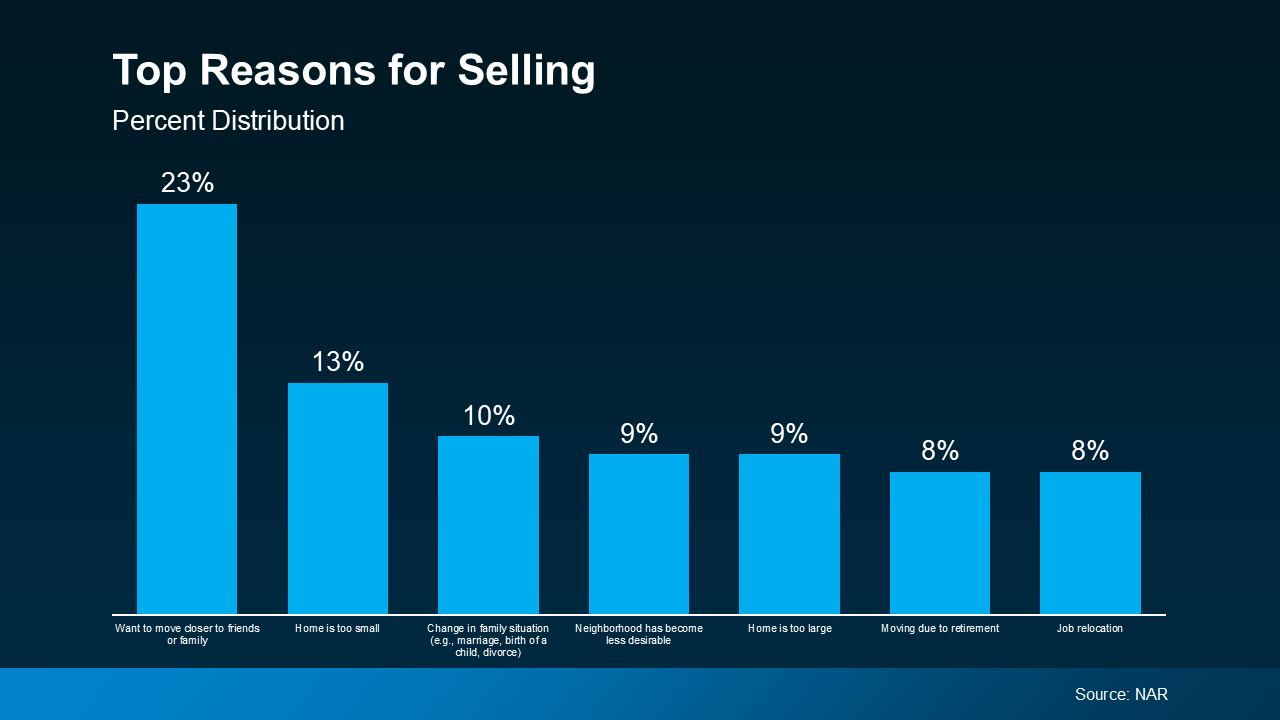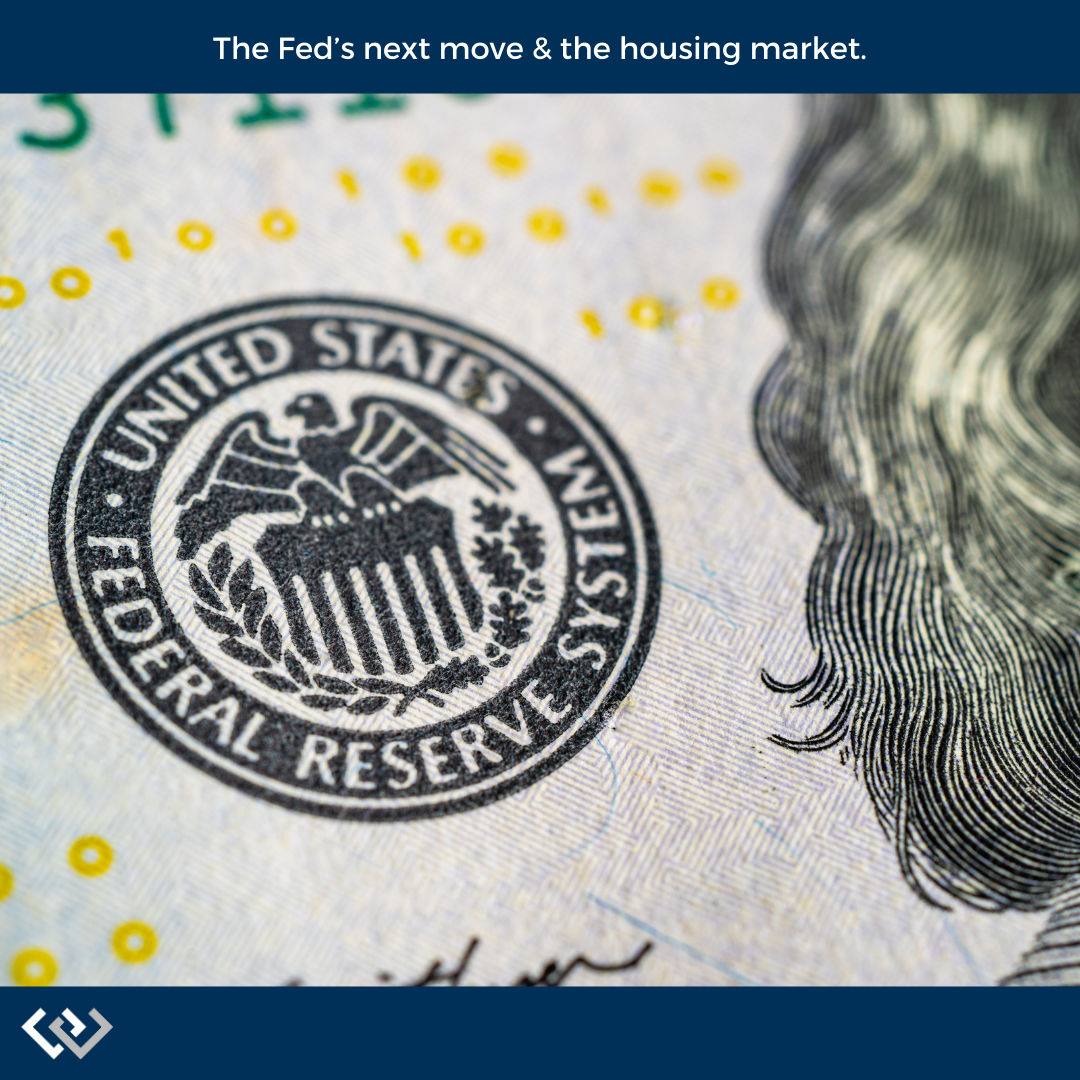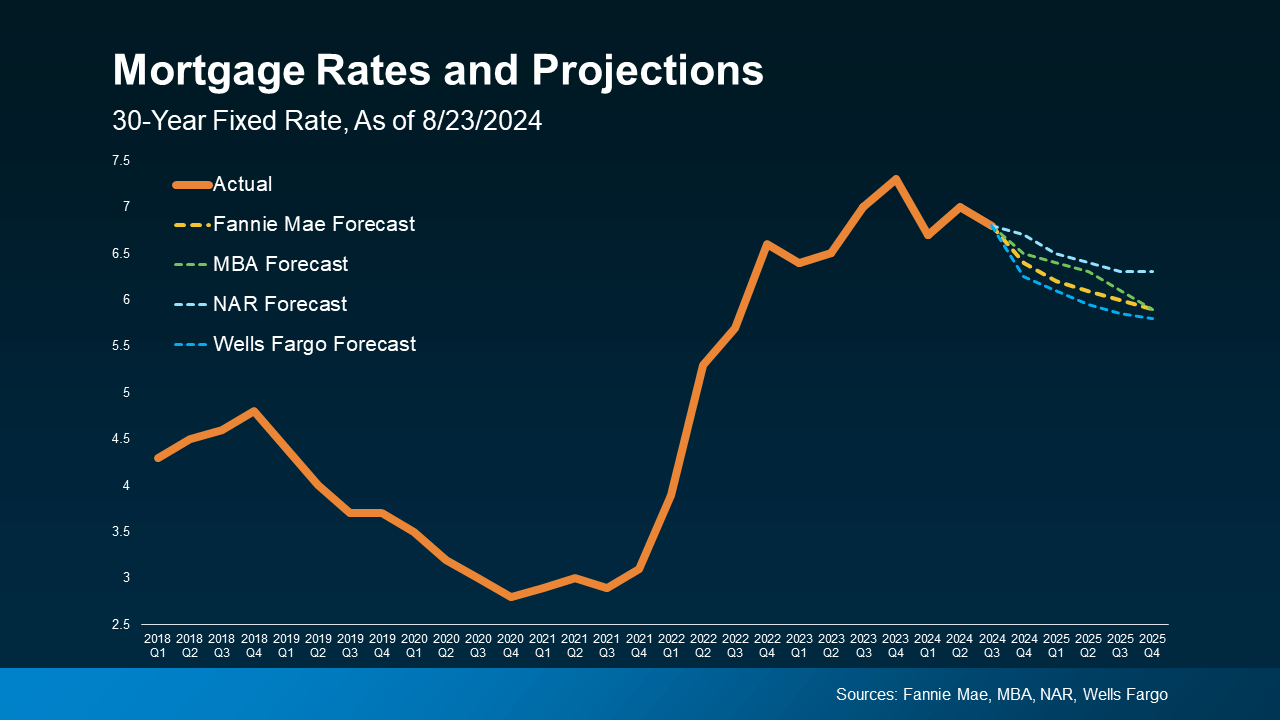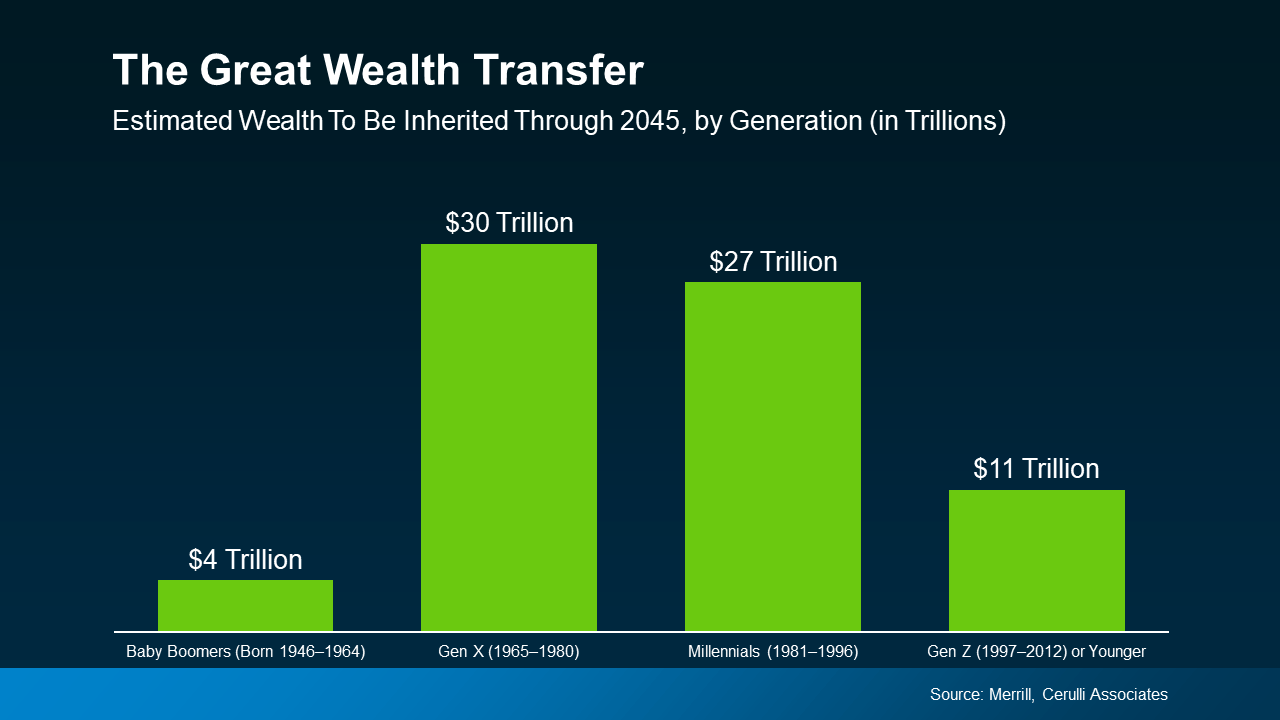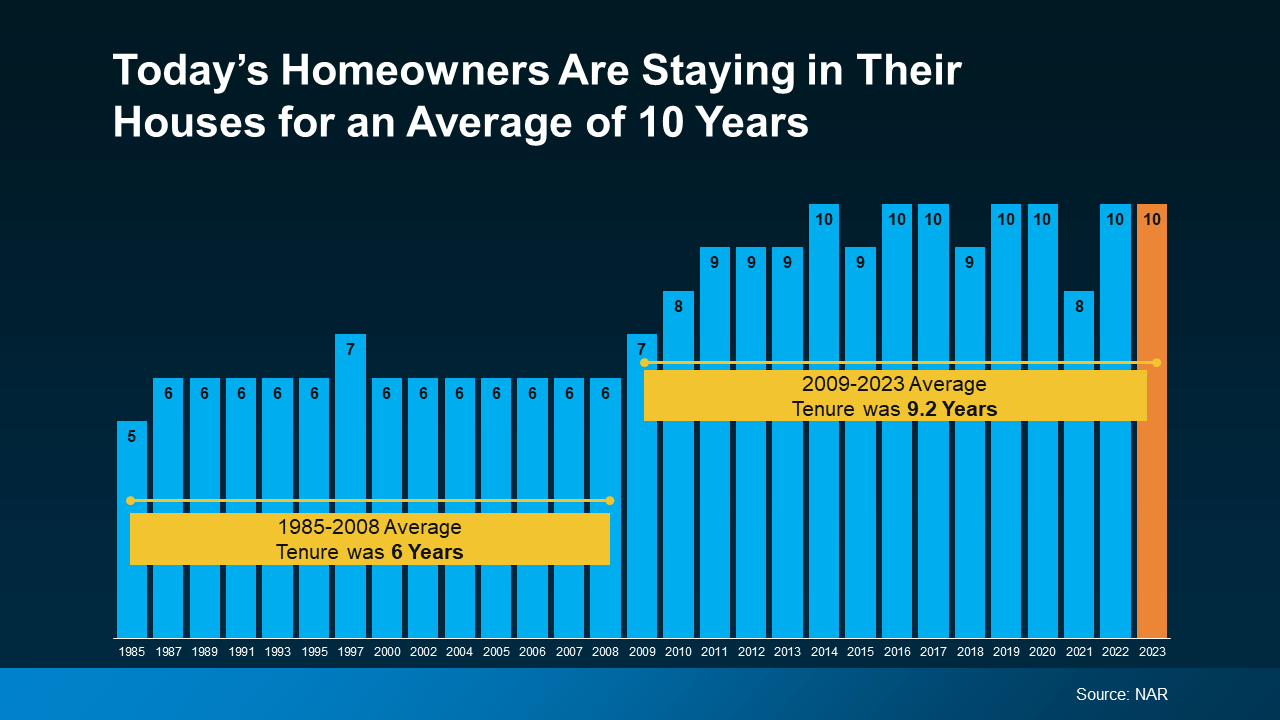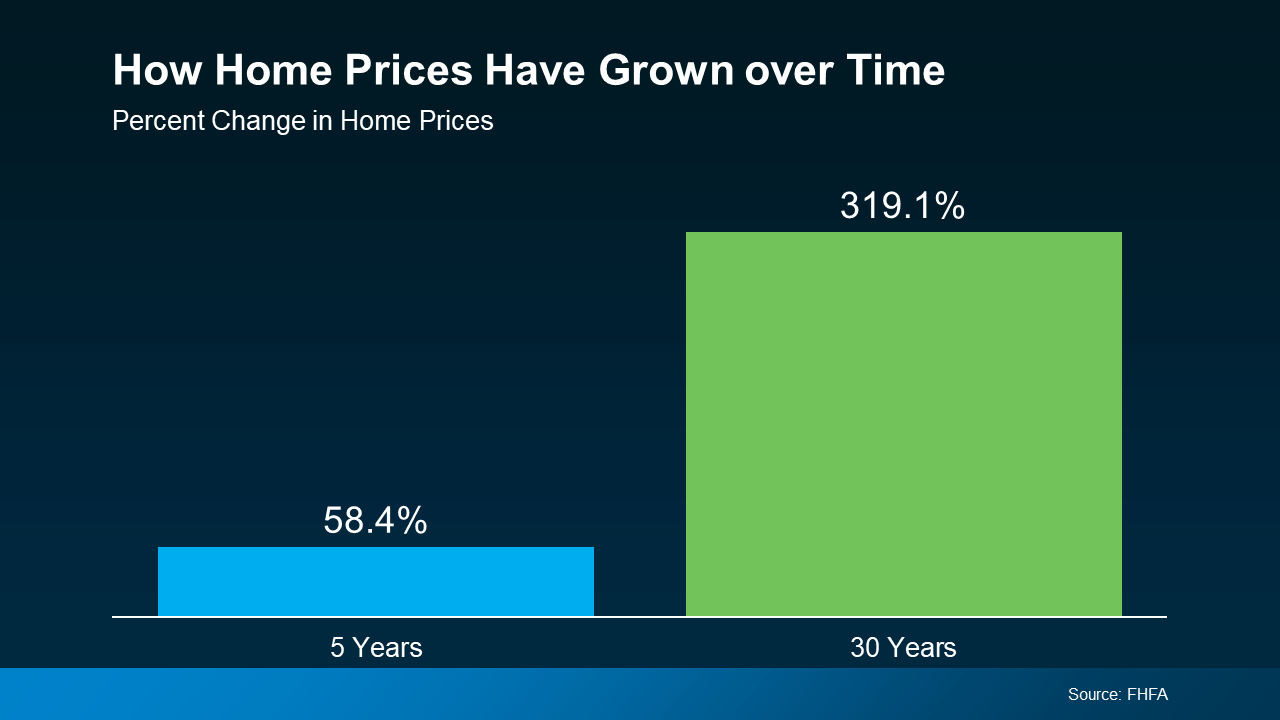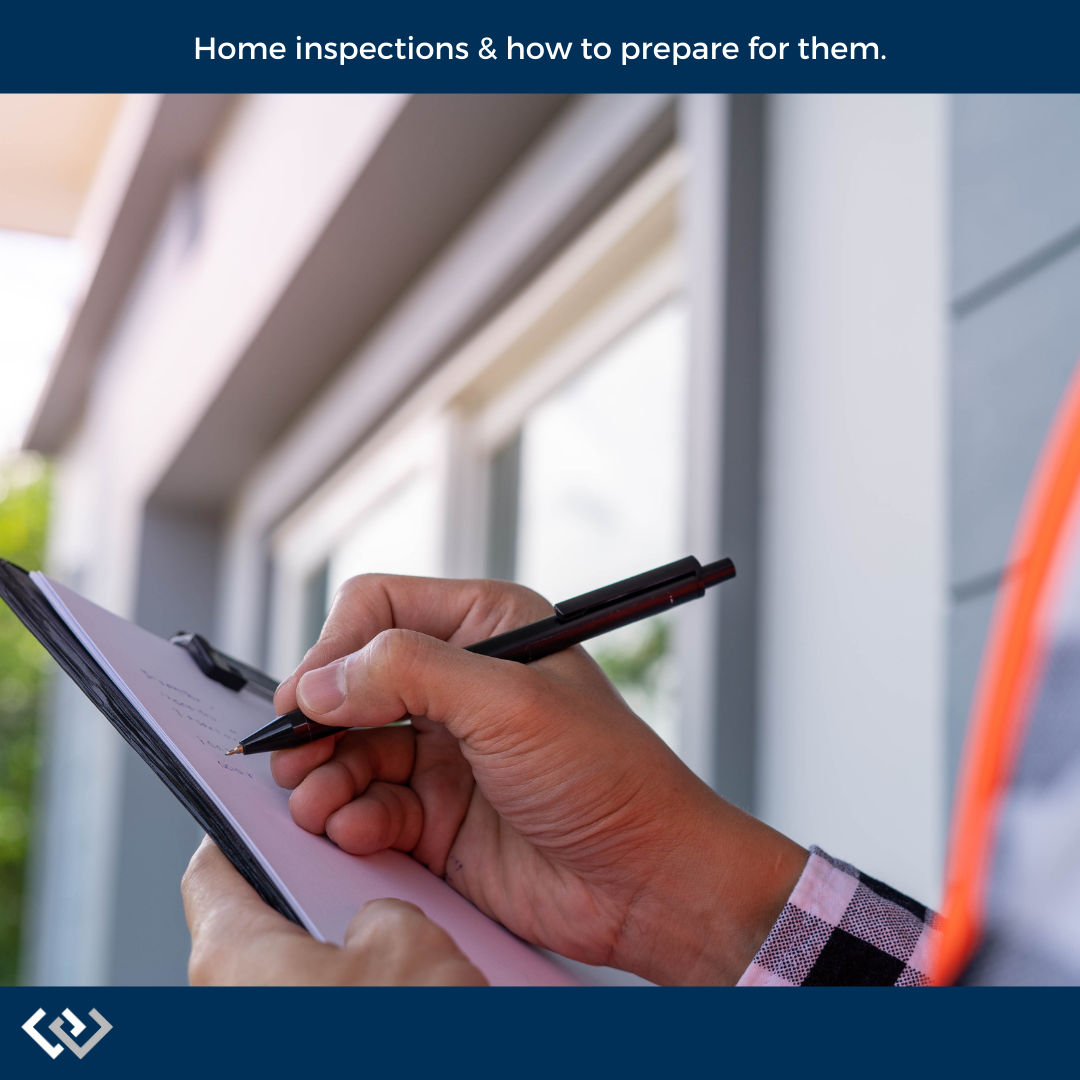Fall is a fantastic time to showcase your home because it offers unique opportunities to create warmth, coziness, and charm. If you’re planning to sell this fall, I highly recommend using a professional stager. Staging is often a key ingredient to a successful selling strategy.
However, even if you’re not selling, it’s fun to use some expert tips and ideas to boost your home’s cozy vibes and fall feels. Here are five expert staging tips for making your home extra homey this fall:
1. Enhance Lighting
As daylight becomes more scarce, make sure to maximize your home’s natural light. Clean windows and replace outdated curtains with sheer or light-colored options. Consider adding strategically placed mirrors to reflect light and brighten spaces.
If your home is lacking in natural light, look for places where an added light or lamp might brighten the room. White, light, and neutral paints are a key part of staging your home and they can help lift the brightness of your home.
Finally, don’t forget outside lights. Make sure your exterior lights are on and paths are lighted if needed. Exterior lights are a great way to enhance curb appeal, welcome guests, and provide extra safety for walking. You can make your home glow with autumnal charm.
2. Cozy up with Textiles
Nothing says “welcome home” like soft, cozy textiles. Professional stagers might use plush throw blankets, seasonal accent pillows, and area rugs in warm, autumnal colors to create a sense of comfort in your living spaces.
Tasteful, fall touches can help accentuate a home’s ambience. A well-placed autumn wreath on the front door, a decorative bowl of apples or gourds on the dining table, and a few pumpkins on the porch are nice seasonal accents.
3. Fireside Comforts
If your home has a fireplace, arrange seating around it. And, of course, lighting or turning on the fire is the perfect way to create instant warmth.
4. Curb Appeal:
Along with exterior lights, it’s also important to keep the outside of your home fresh and clean to emphasize your yard’s natural autumn beauty. Rake leaves, clean out gutters, and add some seasonal potted plants, like mums, to boost curb appeal.
PNW residents love their outdoor spaces, even in the fall. Ensure that decks and patios are clean and inviting. Stage them with cozy seating, blankets, and perhaps some café lights and/or a fire pit to showcase the potential for year-round enjoyment.
5. It Makes Scents
Finally, stagers often suggest appealing to the senses with the comforting scents of autumn. Consider using subtle, pleasant, scented candles, essential oil diffusers, or potpourri with fall scents like apple cinnamon, pumpkin spice, or warm vanilla.
With these fall staging tips, you can already envision yourself snuggled up with a book by the fire or sipping hot cider on the patio.
If you’re thinking of selling this fall and need advice or assistance, please reach out to me. I’m here to help you make your property stand out in the Seattle area real estate market this fall.
 Facebook
Facebook
 X
X
 Pinterest
Pinterest
 Copy Link
Copy Link


